Qualified Allocation Plans
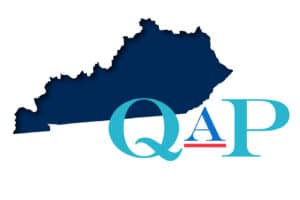
Kentucky Makes $14.2 Million in Funds Available for 2019 Tax Exempt Bonds, Responses Due Sept. 27
Through this NOFA, KHC is making available a combined total of $14.2 million of KHC’s Equity Bridge Loan (EBL), HOME Investment Partnerships Program (HOME), Affordable Housing Trust Fund (AHTF), and National Housing Trust Fund (NHTF) funds.
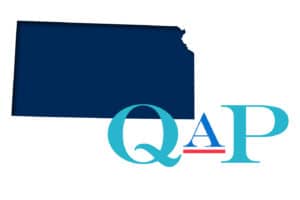
Kansas Announces Housing Trust Funds for 4% / Bond and Standalone Projects
The amount requested is not limited. However, proposals will be reviewed for cost reasonableness, the need for gap funding, and other underwriting and subsidy layering criteria. The application deadline is October 17.
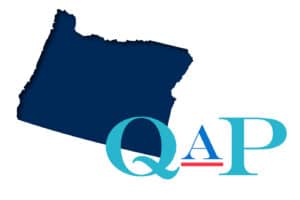
Oregon Seeks Input on Funding Plans for Expanded Doc Recording Fees, Survey Due July 3
Stakeholders are invited to share needs and weigh in with suggestions on how these new resources should be prioritized.
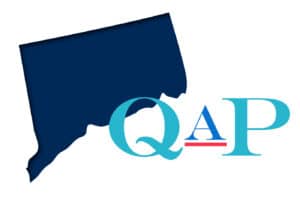
Connecticut Open to Consider Income Averaging for Already Approved Projects
CHFA will accept proposals for utilizing income averaging in applications that are under consideration, have already been approved or awarded by CHFA’s Board of Directors, or have already initial closed, subject to a list of requirements.
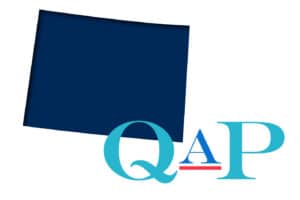
Colorado Hosts 2019 QAP Public Hearings Sept. – Oct.
CHFA will hold four public hearings in Colorado in order to receive input on the Qualified Allocation Plan (QAP) for the LIHTC program and to discuss proposed changes to the QAP for the upcoming year.
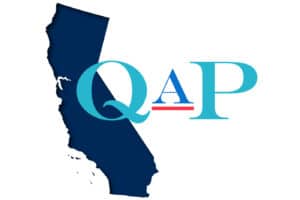
California Posts Hybrid Project Guidance
The guidance includes a hypothetical developer fee calculation as well as dives into several other issues.
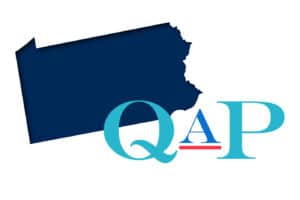
Pennsylvania Releases Income Averaging Interim Guidance
The Agency will be revising the upcoming Allocation Plan to address Income Averaging in Tax Credit applications submitted in the future. For the most part, current projects are not able to apply for income averaging.
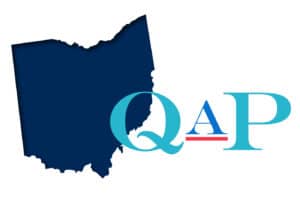
Ohio Hosts QAP Public Forum July 10, Comments Due Aug. 1
Read on for a summary of proposed major changes to the QAP.

Ohio Releases Proposed Income Averaging Policy, Comments Aug. 1
OHFA is also evaluating whether pre-2018 developments will be eligible for this option.
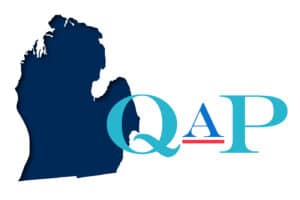
Michigan Posts Income Averaging Guidance
A memorandum dated June 13, 2018 and titled “Income Averaging Guidance” has been posted to the LIHTC Recent Updates page of the MSHDA website.

Michigan Releases Gap Financing Program NOFA
The Gap Financing Program NOFA is designed to improve MSHDA’s direct-lending production and to assist with being able to finance tax-exempt bond transactions utilizing the 4% Low Income Housing Tax Credit.
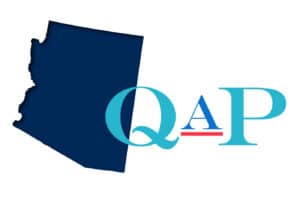
Arizona Seeks Comment on Income Averaging for 2019 QAP, Comments Due July 13
The Department will not be implementing income averaging for any projects awarded through the 2018 QAP.